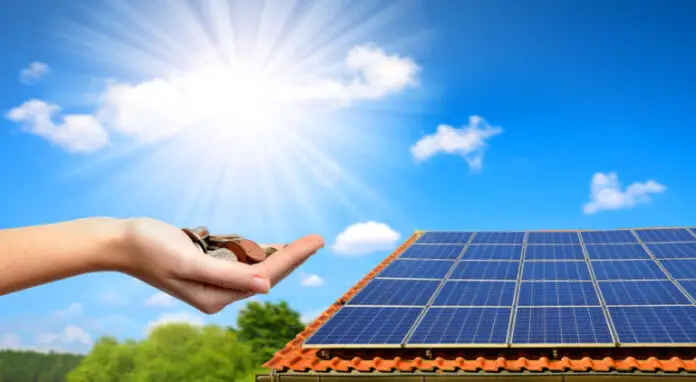Solar Panels: Is It Worth It?
Introduction
In a world where environmental concerns are growing, the topic of solar panels has gained significant traction. Homeowners and businesses alike are increasingly looking for sustainable energy solutions to reduce their carbon footprint and lower energy bills. Solar panels have emerged as a promising option, but the question remains: are they worth the investment? In this article, we’ll delve into the world of solar panels, exploring their benefits, drawbacks, and whether they make financial sense.
The Basics of Solar Panels
What Are Solar Panels?
Solar panels, also known as photovoltaic (PV) panels, are devices that convert sunlight into electricity. They are typically made of silicon cells that absorb photons from the sun, generating direct current (DC) electricity.
How Do Solar Panels Work?
Solar panels work through the photovoltaic effect. When sunlight hits the panels, it excites the electrons in the silicon cells, creating an electric current. This current is then converted into alternating current (AC) through an inverter, which can be used to power your home or business.
The Benefits of Solar Panels
Clean and Renewable Energy
One of the most significant advantages of solar panels is that they provide clean and renewable energy. Unlike fossil fuels, solar power does not produce harmful emissions, making it an environmentally friendly choice.
Reduced Energy Bills
Solar panels can significantly reduce your electricity bills. By generating your electricity, you can decrease your reliance on the grid and even sell excess energy back to the utility company.
Government Incentives
Many governments offer incentives for installing solar panels. These can include tax credits, rebates, and net metering programs, making the initial investment more affordable.
The Drawbacks of Solar Panels
High Initial Cost
While solar panels can save you money in the long run, the initial cost of purchasing and installing them can be substantial. However, government incentives and financing options can help offset this expense.
Weather Dependency
Solar panels rely on sunlight, so their efficiency can be affected by weather conditions. Cloudy days and heavy rain can reduce their energy production.
Space Requirements
To generate enough electricity, solar panels require a significant amount of space. If you have a small roof or limited outdoor space, this may limit the number of panels you can install.
Is It Worth It?
Return on Investment (ROI)
Determining whether solar panels are worth it involves calculating the ROI. Consider the cost of installation, energy savings, and government incentives. In many cases, homeowners see a positive ROI within a few years.
Environmental Impact
Beyond financial gains, solar panels contribute to a greener planet. If reducing your carbon footprint is a priority, the environmental benefits may outweigh the initial investment.
Long-Term Perspective
It’s essential to view solar panels as a long-term investment. While the upfront cost may be high, they can provide energy and savings for decades, making them a wise choice in the long run.
Conclusion
In conclusion, solar panels offer a myriad of benefits, from clean energy to reduced bills and environmental advantages. However, their worthiness ultimately depends on your specific circumstances and priorities. If you’re committed to sustainability, looking to cut energy costs, and prepared for a long-term investment, solar panels may indeed be worth it.
FAQs
- Are solar panels suitable for all types of roofs?
- Solar panels can be installed on most roof types, but it’s essential to assess your roof’s condition and orientation to determine suitability.
- How long do solar panels typically last?
- Solar panels have a lifespan of 25 to 30 years or more, with most manufacturers offering warranties for this duration.
- Do solar panels require maintenance?
- Solar panels are relatively low-maintenance. Periodic cleaning and inspections are usually sufficient to ensure optimal performance.
- What happens to excess energy generated by solar panels?
- Excess energy can be sold back to the grid or stored in batteries for later use, depending on your setup.
- What is the environmental impact of manufacturing solar panels?
- While there is an initial carbon footprint associated with manufacturing solar panels, they quickly offset this by producing clean energy and reducing reliance on fossil fuels.
